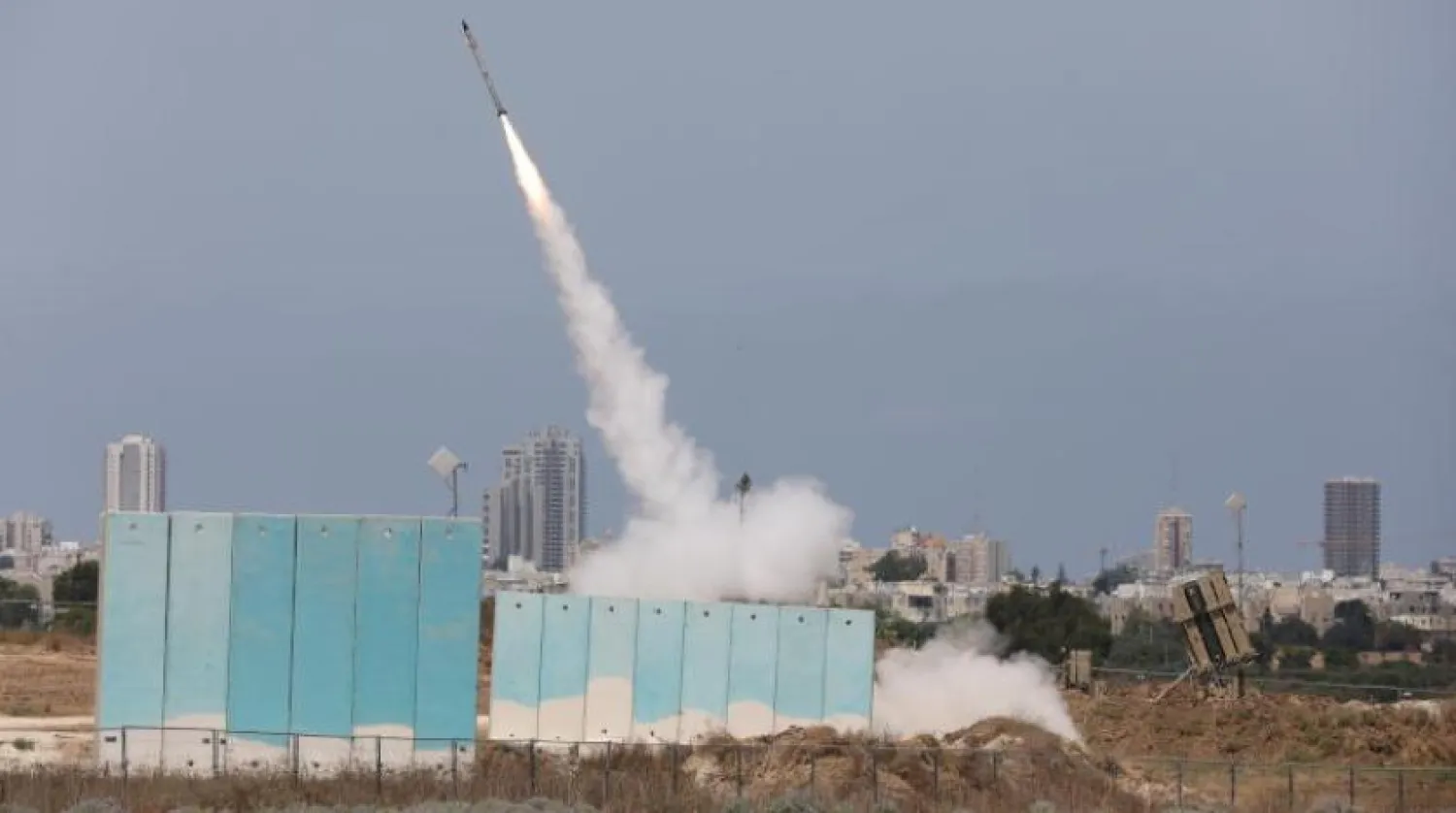Several Israeli ministers leaked information that the army and other security services in Tel Aviv were against providing Ukraine with the Iron Dome anti-missile system, fearing it could lead to a more significant crisis with Russia, which in turn would supply Syria with similar designs, and the S-300 and S-400 missiles.
A security official said Thursday that relations with Russia are already tense due to Israel's support of Ukraine.
Tensions increased after reports claimed that Israeli intelligence provided information to Ukraine about the secrets of Iranian drones used by Russia.
According to informed sources, for the past four weeks, the Israeli army halted all operations in Syria over the past four weeks, fearing Russian interference, noting that the last Israeli raid in Syria took place on Sept. 16-17.
Recent statements of Defense Minister Benny Gantz created controversy within Israel after he announced that Tel Aviv would not provide Ukraine with advanced defense systems, noting that the government offered to provide Ukraine with expertise that would allow the development of an intelligent approach to counter air threats.
It seems that this public announcement came with an official decision taken after security deliberations on Tuesday, during which it was decided to issue clear statements refusing to provide Ukraine with weapons to avoid escalation with Russia.
The position aroused strong criticism in Tel Aviv, especially among the left-wing and liberal forces that demand a clear stand in support of Ukraine, but Gantz rejected the criticism, saying that friends in the West understand Israel's sensitive position.
A close associate of Gantz pointed out that Israel's refusal to provide Ukraine with the Iron Dome system to intercept short-range missiles and drones also stems from professional reasons.
He indicated that this anti-missile system is unsuitable for Ukraine because of the country's large area, noting that the Russian aircraft that controls the Ukrainian airspace will be able to target the convoys transporting it from one place to another.
An official source in the Israeli Defense Ministry confirmed that Gantz is coordinating his positions, especially with his Ukrainian counterpart, Alexei Reznikov, noting that the Prime Minister and Foreign Minister, Yair Lapid, also discussed with Ukrainian Foreign Minister Dmytro Kuleba.
The source revealed that Kuleba submitted an official request to Israel three days ago to obtain the Iron Dome and other advanced weapons.
He noted that Iran's involvement in the battle creates a new situation that worries Israel, adding that the Iranians are testing their weapons through the Russian army and practically training for war against Israel and other enemies in the Middle East.









